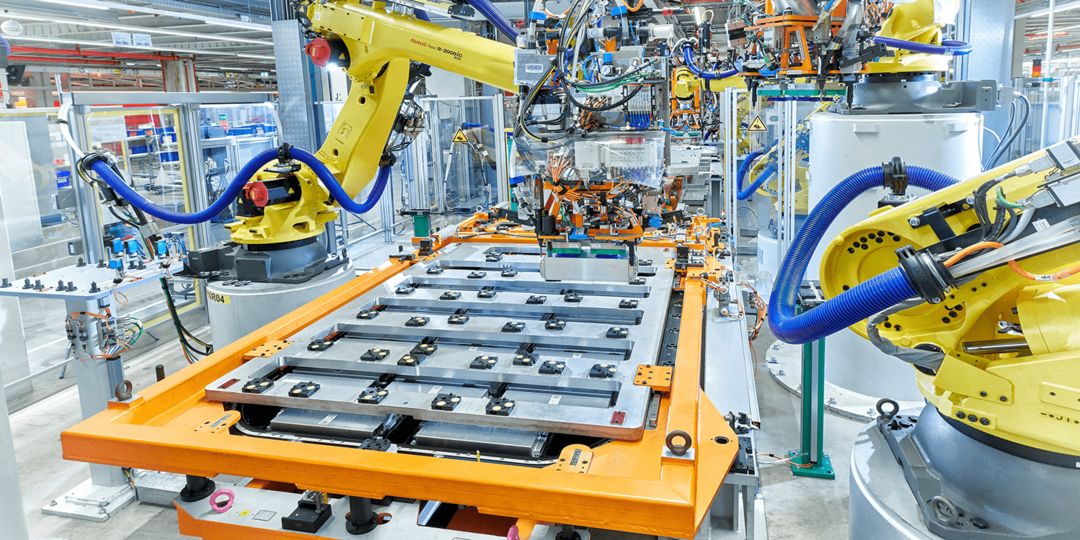
InsideEVs, an electric vehicle media outlet, reported on the 23rd (local time) that 10 new battery plants in the US are scheduled to start operation this year.
According to an analysis by Benchmark Mineral Intelligence, if all of these plants are in operation, the annual battery production capacity of the US is expected to increase by nearly twice compared to last year, reaching 421.5 gigawatt hours (GWh). The media reported that although China still leads global battery production, North America is showing the fastest growth in terms of planned production capacity.
Evan Hartley, an analyst at Benchmark Mineral Intelligence, said in an interview with Inside Climate News, "The factories have already been built, and they cannot be stopped. Most of them are located in Republican-supporting states, so it will be difficult to take them away from the core voter base who have been promised thousands of jobs."
Korean and Japanese companies are leading this expansion of battery production facilities. Toyota plans to start operating a battery plant in Liberty, North Carolina, in April, with an investment of $14 billion. This plant will produce batteries for electric vehicles, hybrids, and plug-in hybrids.
SK On is building a total of three plants in partnership with Ford in Tennessee and Kentucky, and with Hyundai Motor in Georgia. LG Energy Solution also established a joint venture plant with Honda in Ohio and a sole plant in Arizona.
In addition, Panasonic (Kansas), Samsung SDI and Stellantis (Indiana), Envision AESC (Kentucky), and Our Next Energy (Michigan) are about to complete their plants. InsideEVs analyzed that this movement shows that the US electric vehicle revolution has already entered an irreversible stage.
However, there is an analysis that the prospect of the US electric vehicle industry has become uncertain due to the recent election of President Donald Trump, a climate change denier and hostile to eco-friendly energy policies. InsideEVs reported that Trump is considering abolishing electric vehicle tax incentives and imposing a 25% tariff on auto parts from Canada and Mexico.
Major automakers such as General Motors, Hyundai Motor-Kia, Honda, and Ford have achieved record sales of electric vehicles in the US over the past few years based on tax incentives and attractive lease and financing programs. However, it is uncertain whether demand can be maintained if tax incentives disappear and prices rise due to tariffs.
InsideEVs explained that the US electric vehicle market has entered the 'hockey stick curve' stage, where rapid growth is expected after an initial slow growth. The media predicted that if cost reduction through local battery production can offset the impact of reduced tax incentives, the strong trend of US consumers buying electric vehicles shown in the past year can continue.
[Copyright (c) Global Economic Times. All Rights Reserved.]





























